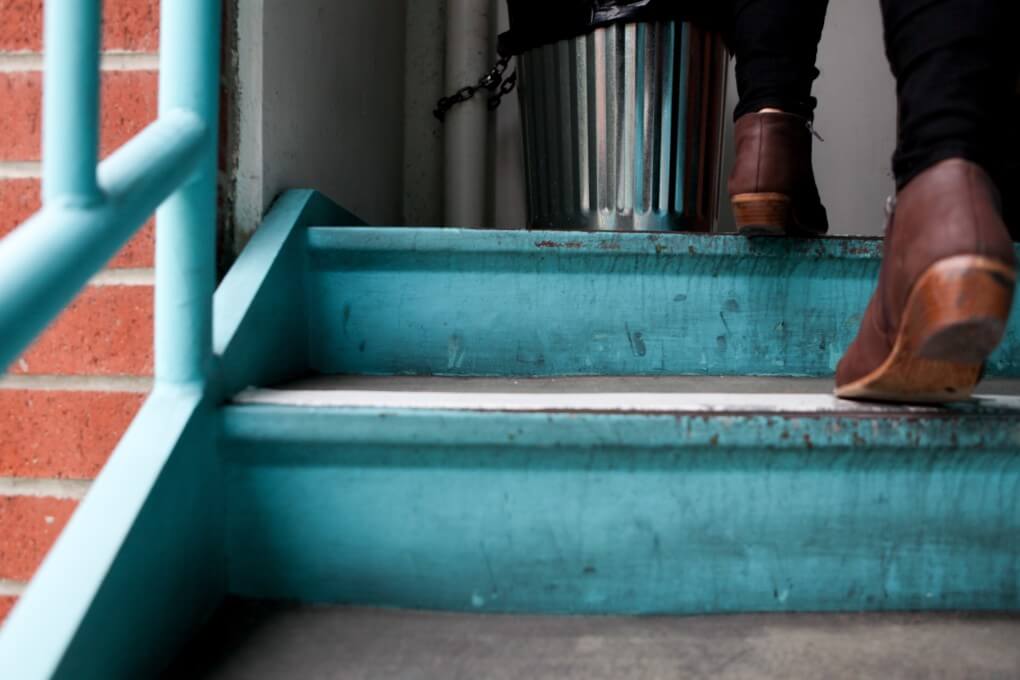When someone gets injured on a property in Massachusetts, who is responsible? The property owner? The tenant leasing the property? Or could the injured person’s conduct have caused the injury?
Massachusetts law recognizes that questions of liability—premises liability or otherwise—are seldom black-and-white. If you have been injured on someone else’s property and are seeking compensation, you may find yourself puzzling over terms like ‘premises liability’. While nothing can replace the counsel of an experienced personal injury lawyer, it is wise to have an understanding of certain terms and what they may mean for you in your Massachusetts personal injury case.
Premises Liability: A Primer
Under the doctrine of premises liability, a property owner is generally responsible for injuries incurred on that property. These may include animal bites, slip-and-fall injuries, swimming pool injuries, injuries resulting from inadequate security, injuries resulting from inadequate maintenance, and more.
The owner’s liability is assumed unless a tenant is in direct control of a property, with limited exceptions to this rule.
For example, if a friend is visiting a tenant and the tenant’s dog bites the friend within the rented apartment, the property owner is not responsible. On the other hand, if the friend is injured when the stairway railing in an entrance common to several apartments gives way because of unaddressed termite damage, the property owner would be liable.
What Is Mixed Comparative Negligence?
Massachusetts uses a system of “mixed comparative negligence”. Since its inception, a plaintiff’s partial contribution towards his or her own injury is not an obstacle to recovering damages. Instead, a court will compare the relative negligence of defendant and plaintiff before assigning percentage values to each party’s responsibility.
In order for a plaintiff to recover damages, the plaintiff must not be more negligent than the defendant. If plaintiff bears the majority of responsibility for an injury or accident, recovery of damages is banned. When a plaintiff recovers damages, the same percentage as their comparative negligence is subtracted from the recovery—i.e., if the plaintiff is 15% responsible for the injury, the award is reduced by 15%.
Trusted Personal Injury Attorneys
If you are seeking to recover damages after an injury on someone else’s property, you need experts by your side. Our attorneys are skilled in establishing premises liability and in demonstrating that our clients were minimally responsible for their own injuries.
Don’t wait to recover what you are owed. Call our office today to discuss the options available to you.

